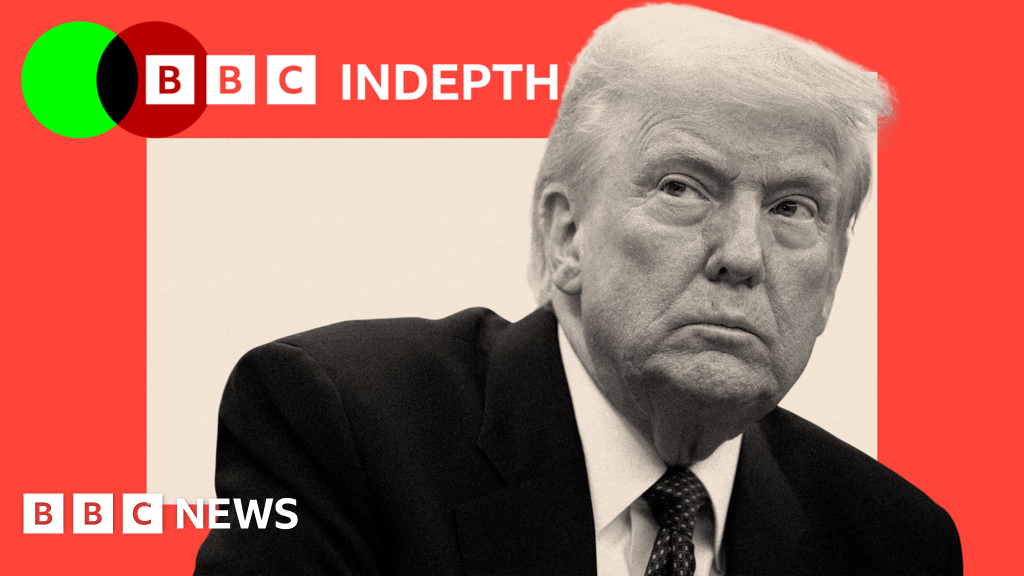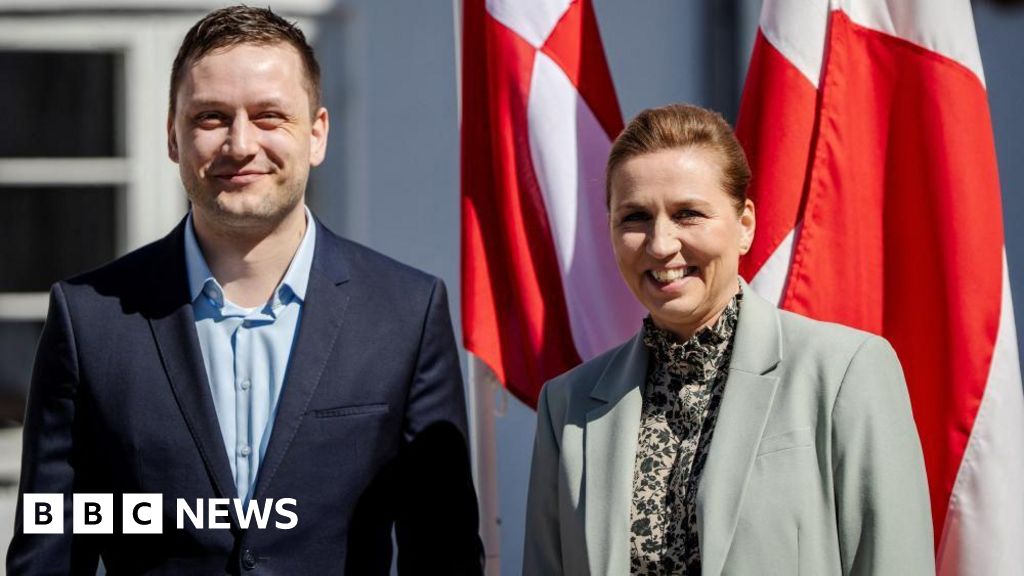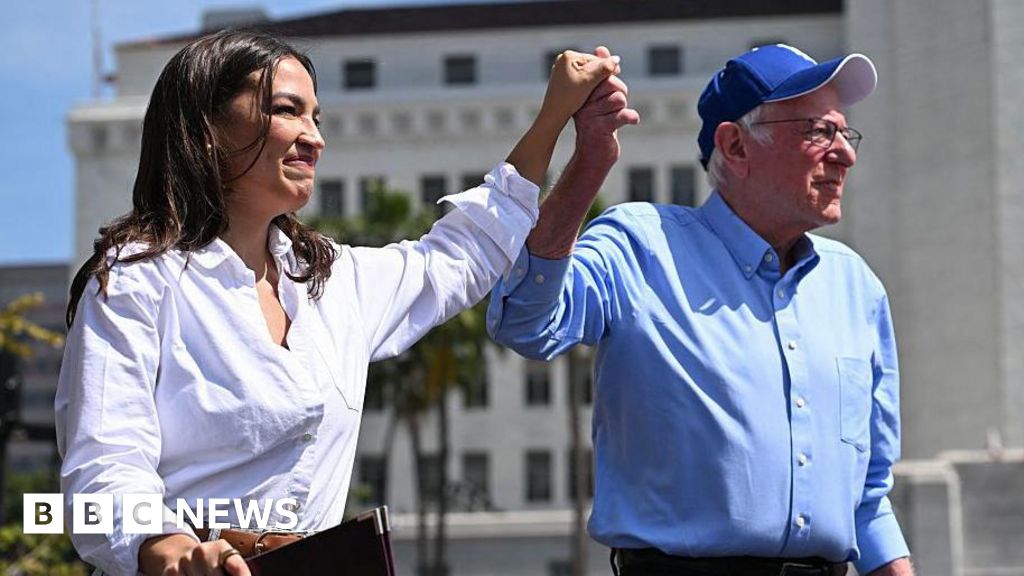The Rapid Remaking of a Nation: Trumps First 100 Days in Office

In the wake of the previous presidential campaign, Donald Trump made a series of bold promises centered on enacting dramatic changes upon his return to the White House. However, few anticipated that these changes would emerge at such a dizzying pace. As the 47th president of the United States, Trump has wielded his executive power with an intensity that is rarely paralleled in American history. In just three months since taking his oath of office, he has employed a flurry of executive actions, which have had sweeping implications across virtually every aspect of American life. His supporters view this aggressive approach as a clear sign of an action-oriented president fulfilling long-standing commitments and ushering in significant reforms. In stark contrast, critics express deep concern that this unprecedented exercise of power could irreparably harm the nations governance, potentially altering the presidency forever.
One notable incident that stands out in the first 100 days was an incendiary social media post made by Vice-President JD Vance. In a tweet that sent ripples through the political landscape, Vance proclaimed, Judges arent allowed to control the executive's legitimate power, a statement that sparked fierce debate among legal experts and commentators alike. This assertion directly challenges the bedrock principle of checks and balances that have defined American democracy for over two centuries. Legal scholars were quick to remind the public that courts hold the authority to review and potentially nullify any government action they deem unconstitutional, thus preserving the foundational structure of the three co-equal branches of government that the nations founders envisioned. Despite criticism, Trump and his administration have unabashedly pushed the boundaries of executive authority, often encroaching on the roles of both Congress and the judiciary.
The White Houses aggressive maneuvers have included attempts to seize control over federal spending, unilaterally defunding various programs and even entire agencies, an action that has sparked minimal dissent on Capitol Hill, where Trumps party holds narrow majorities. The courts have responded more assertively, issuing over 100 rulings aimed at halting presidential actions that they consider unconstitutional, as reported by sources like the New York Times. The clashes have been particularly pronounced in matters concerning immigration policy. For instance, in March, more than 200 Venezuelans were deported to El Salvador under expansive wartime powers, bypassing standard judicial processes. Federal appeals court judges have expressed profound concern over the implications of such actions, indicating a dangerous trend toward conflict among government branches.
Adding another layer to the narrative is the role of Elon Musk, who has become a controversial figure during Trump's administration. Donning all black attire and sunglasses, Musk made headlines at the Conservative Political Action Conference by dramatically brandishing a golden chainsaw, which he humorously designated as the tool for eliminating bureaucratic waste. The rhetoric surrounding Musks vision for a Department of Government Efficiency reflects his rock-star status among Trump supporters, and since then, Musk has been tasked with identifying various federal programs to cut. While some support the initiative, others voice concerns that the deep cuts could severely impact essential services and entitlements such as Social Security and health care coverage for vulnerable populations.
The immediate economic impacts of Trumps policies have also become apparent. Market traders like Richard McDonald witnessed the fallout first-hand when Trump announced steep tariffs on foreign goods, a move dubbed Liberation Day. The abrupt decisions led to plummeting stock prices and a general sense of volatility in the financial markets. Trumps campaign initially resonated with voters concerned about economic stability, but his tariff strategies have had immediate consequences, raising interest rates and causing consumer confidence to falter. Even as some supporters remain steadfast, believing in a long-term benefit to American industry, the reality is that unemployment is beginning to rise, further complicating the economic outlook.
Meanwhile, the administrations hardline stance on immigration continues to generate mixed responses. A poignant moment arose when Myrelis Casique Lopez identified her son among a group of deported Venezuelans captured in a troubling photograph from a notorious prison in El Salvador. The administration insists that those deported are members of a dangerous gang, while families like hers express anguish over what they see as unjust separations fueled by an overly zealous enforcement of immigration laws.
In the realm of higher education, the tension escalated further when Harvard's president openly challenged the Trump administrations attempts to freeze federal grants over alleged failures to address campus antisemitism. This confrontation has become emblematic of the broader conflict between the administration and academic institutions, particularly in the wake of pro-Palestinian protests that have intensified in recent months. Institutions like Columbia University have already begun to cede to some of the White House's demands, illustrating the administration's influence over American education.
Moreover, Trump has made it clear that he aims to dismantle diversity and equity initiatives within federal agencies, a controversial move that comes amidst a broader national dialogue about race and inclusion. Critics of this directive argue that it undermines decades of progress and could have unintended consequences, such as erasing the historical contributions of marginalized groups from educational materials and institutional narratives.
As Trump's first 100 days draw to a close, it is evident that his presidency is characterized by a remarkable concentration of power that will shape the political landscape for years to come. The long-term implications of his unilateral decisions will likely require future administrations to navigate a fundamentally altered governance framework. The upcoming midterm elections and pending court challenges will be pivotal in determining whether Trump can further solidify his agenda or whether opposition forces will rise to curb his authority. As the nation watches closely, the question remains: will these early months of bold actions lead to a lasting legacy, or will they unravel in the face of legislative and judicial pushback?
























